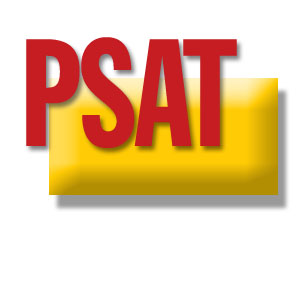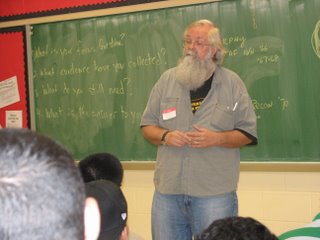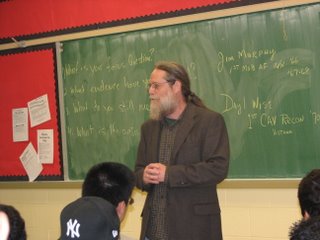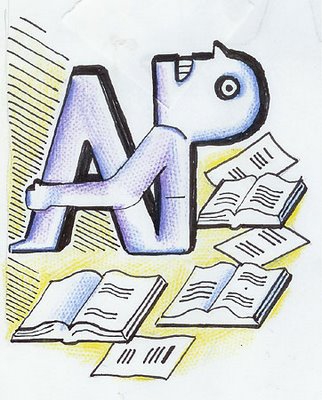
I am sickened by the lack of stewardship in the common areas of our building in particular the computer labs. “The lab” was designed poorly; the screens hide the faces of the users making anonymity a rampant cover for all distracted behavior. I myself have resolved to limit any use of the room to allowing no more than four kids at a time enter the room with clear intent and time limit.
The concept of a computer lab is outdated. Technology needs to seamlessly flow uninterrupted lest its use becomes the distraction. Teachers creating lessons saying, “ I want the kids to use computers,” ought to rethink their motives. Imagine how silly a teacher would sound stating, “I want them to use paper.” Of course students will incorporate technology but only when its necessar, not mandated.
Why the destruction?
Maybe it’s because of a Marxism class I took in Grad School at St. John’s University that I feel this way, but it seems students feel alienated from the technology in our building. The computers are not theirs. It is not their world. The network does not allow personalization. (Changing the background) The printers in “the labs” do not work. Students cannot receive or send email without using an filter avoiding proxy website.
Students realize the computers are not theirs, they see them as a tool teachers use to waste their time. There is a dichotomy setup from the get go…there is “class time” and “computer lab time.” Setting up this barrier, which is reinforced by inexperienced (or over experienced) teachers unable to successfully blend technology into their lessons is a reciepe for disaster.
How do we avoid the destruction?
Teachers need to facilitate the lessons. Sending students into the labs to “do their projects” is not enough guidance. A teacher that asks the students, “What are you looking for? How are you going to find it on the web? What keywords do you need to type?” and then follows up with a question like, “Did you find what you are looking for? What are you going to do with that information now?” Teachers that cannot master the technology themselves should not bring students into the computer lab. I feel that I have a grasp on the computer technology available to us in the school, but I feel uncomfortable taking and entire class into “the lab”. I am aware of my limitations, and know that I would be unable to monitor the room the way it needs to be, especially the absurd design of the lab the way it currently is currently laid out.
YES students need to respect the property, but to the same extent teachers too must respect the students enough to acknowledge that the students are going to know when the teachers are just taking up time in the lab with them.















